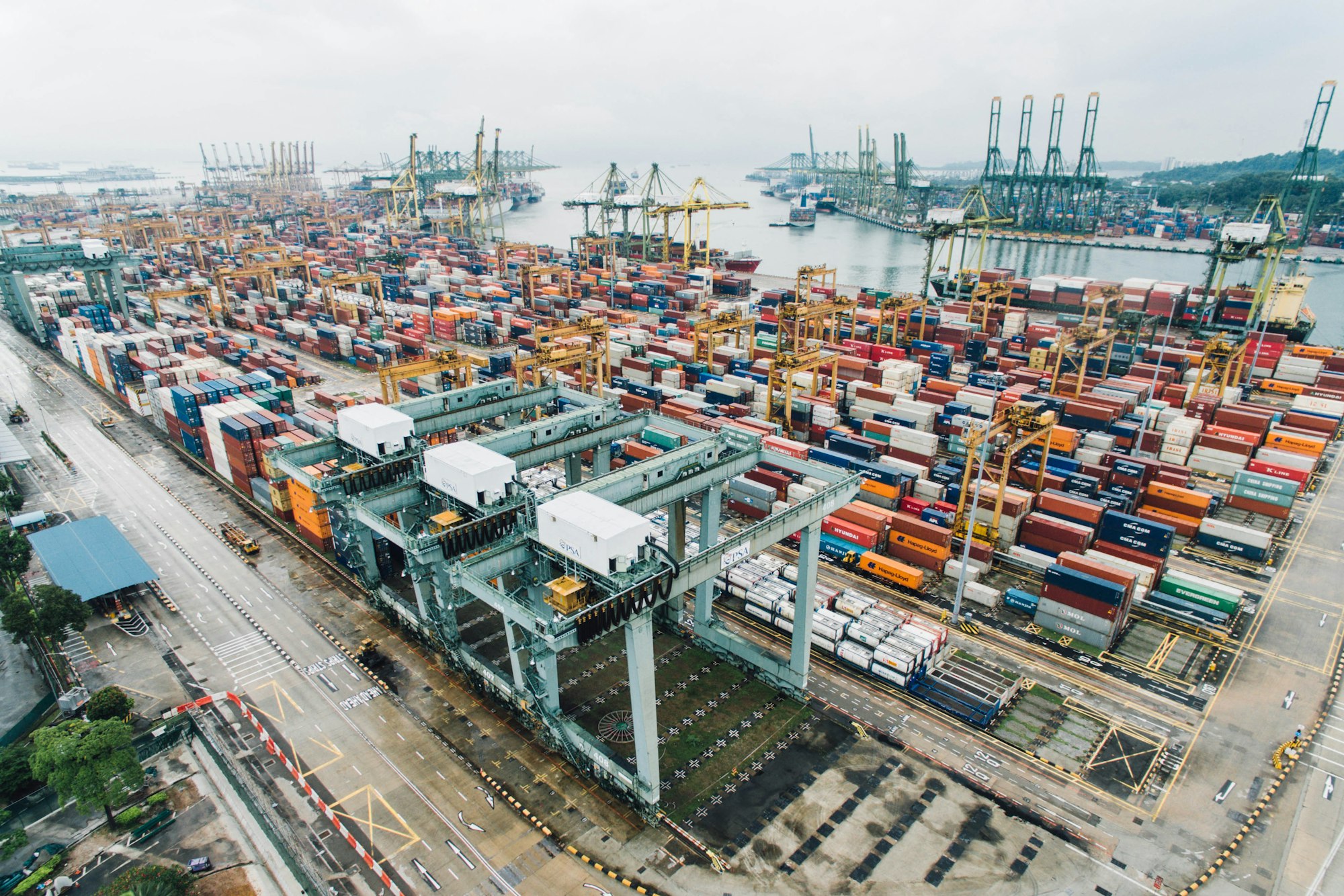Flooding Markets
In an effort to boots its economic prospects, China is inundating global markets with inexpensive goods, marking a multitrillion-dollar continuation of the China shock that reverberated through global manufacturing over twenty years ago.
- However, this time, the international community is pushing back. The United States and the European Union are threatening to implement trade barriers against Chinese-made electric vehicles and renewable energy equipment.
- Emerging economies like Brazil, India, Mexico, and Indonesia are also joining the resistance, targeting Chinese imports of steel, ceramics, and chemicals suspected of being sold at unfairly low prices in their domestic markets.
Treasury Secretary Janet Yellen, during her visit to China, cautioned against relying solely on the production of cheap goods to fuel economic growth, emphasizing the importance of stimulating demand as well.
Global Trade Barriers
Countries worldwide are taking defensive measures to protect their industries against an influx of low-cost Chinese products. India, for instance, has initiated antidumping investigations into various Chinese goods, from bolts and screws to glass mirrors and vacuum-insulated flasks. Argentina is examining Chinese elevators, while the UK is scrutinizing excavators and electric bicycles.
- This mounting resistance highlights how the new China shock is exacerbating tensions in the global trading system, already strained by geopolitical events such as Russia's invasion of Ukraine. It's leading to a potential fragmentation of the global economy, with some countries seeking to reduce their reliance on Chinese supply chains.
- To counteract a significant property market downturn, China's leadership is directing investment towards its vast manufacturing sector. Facilitated by state-supported loans, Chinese companies are increasingly seeking markets abroad to offload surplus goods that can't be sold domestically.
- This trend echoes the export surge of the early 2000s, which led to substantial job losses in manufacturing in the US, labeled as "the China shock."
While cheap Chinese imports may benefit consumers globally, they pose challenges for domestic industries and economies. China's focus on export-led growth in a more hostile global environment is seen as risky by many economists, who advocate for policies promoting domestic consumption to achieve a more balanced economy.
With A Global Impact
The flood of Chinese exports is already overwhelming competitors in various industries globally. For instance, Chile's leading steel producer announced the closure of its steel mill due to being unable to compete with Chinese imports priced significantly lower. This has prompted governments worldwide to implement over 70 import-related measures targeting China since the beginning of last year, including antidumping investigations, tariffs, and quotas.
- The breadth of products now under scrutiny illustrates China's growing dominance in global manufacturing since its economic transformation and entry into the World Trade Organization in the early 2000s.
- China's current trajectory intensifies competition not only in low-end goods but also in middle and high-income countries, raising concerns about hollowing out of economies and job losses.
For both developed and developing economies, the surge in Chinese imports presents challenges. Richer nations fear erosion of their industrial base, while developing countries see their aspirations to emulate China's development model through manufacturing expansion potentially derailed.
Disclaimer
Please note that Benchmark does not produce investment advice in any form. Our articles are not research reports and are not intended to serve as the basis for any investment decision. All investments involve risk and the past performance of a security or financial product does not guarantee future returns. Investors have to conduct their own research before conducting any transaction. There is always the risk of losing parts or all of your money when you invest in securities or other financial products.
Credits
Photo by CHUTTERSNAP / Unsplash.






